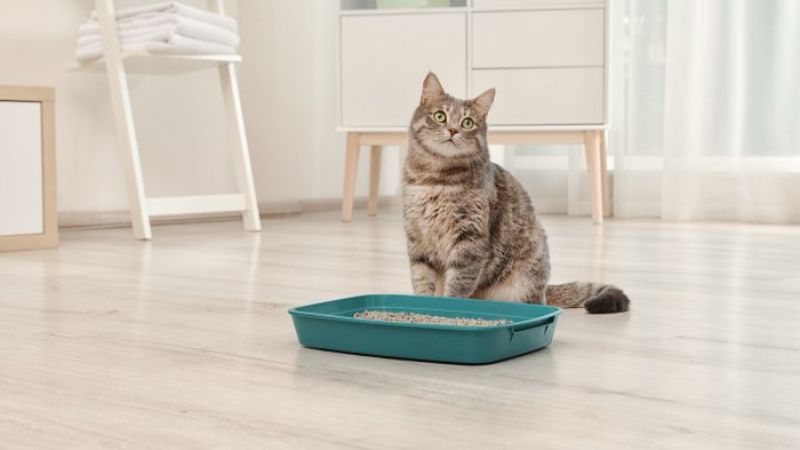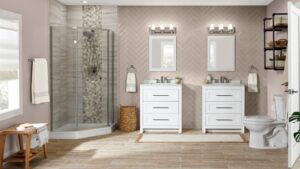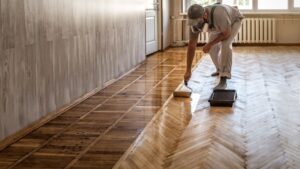How To Get Rid of Cat or Dog Urine Smell From Hardwood Floors – Dealing with pet urine smell on hardwood floors can be a challenging and unpleasant task for many pet owners. Not only does it leave behind a strong and persistent odor, but it can also stain and damage the wood if not properly addressed.
Understanding the importance of prompt and effective cleaning is crucial in maintaining the integrity and aesthetics of your hardwood floors. This guide aims to provide you with practical steps to tackle the issue head-on, ensuring that your home remains fresh and welcoming for both you and your furry companions.
By following the methods outlined here, you can effectively remove pet urine odors from your hardwood floors and prevent future incidents. From identifying affected areas to utilizing specific cleaning solutions and preventive measures, we will cover everything you need to know to restore your floors to their pristine condition. Say goodbye to unpleasant odors and hello to a clean, odor-free home that you and your pets can enjoy together.
How To Get Rid of Cat or Dog Urine Smell From Hardwood Floors
Blot the area:
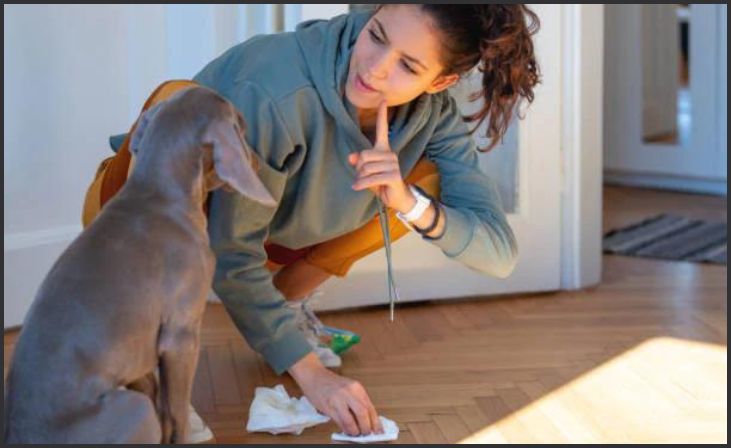
When your pet has an accident on your hardwood floor, the first step is to act quickly. Use paper towels or a clean cloth to blot up as much of the urine as possible. Press down firmly to soak up the liquid, but avoid rubbing, as this can spread the urine and push it deeper into the wood.
Also, Read – How To Get Tree Sap Off Hardwood Flooring
Vinegar solution:
Mixing equal parts of water and white vinegar creates an effective solution for neutralizing pet urine odors. Dampen a cloth with this solution and gently wipe the affected area. Vinegar is acidic and helps to break down the uric acid crystals in the urine, which are the source of the odor.
Enzymatic cleaner:
Enzymatic cleaners are specifically formulated to break down organic stains and odors, including pet urine. These cleaners contain enzymes that target and digest the proteins in urine, eliminating the odor at its source. Follow the instructions on the product label carefully for best results.
Baking soda:
Baking soda is a natural odor absorber and can help eliminate lingering smells from pet urine. After blotting up the urine, sprinkle baking soda liberally over the affected area. Allow it to sit for several hours or overnight to absorb odors, then vacuum or sweep it up.
Hydrogen peroxide solution:
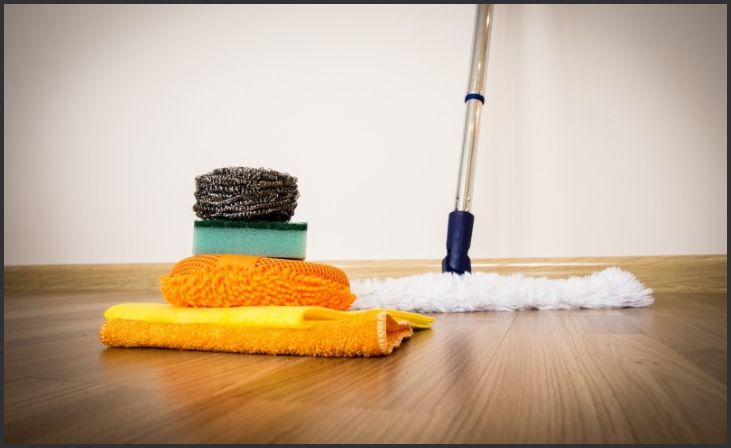
Hydrogen peroxide is another effective option for removing pet urine odors from hardwood floors. Mix equal parts hydrogen peroxide and water, then test the solution on a small, inconspicuous area of the floor to ensure it doesn’t cause any damage. Apply the solution to the urine spot and let it sit for a few minutes before wiping it up with a clean, damp cloth.
Commercial pet odor remover:
There are numerous commercial products available specifically designed to tackle pet odors on hardwood floors. These products often contain a combination of enzymes, surfactants, and odor neutralizers to effectively eliminate odors. Follow the manufacturer’s instructions carefully for the best results.
Steam cleaning:
Steam cleaning can be an effective way to deep clean hardwood floors and remove stubborn pet odors. A steam cleaner uses hot steam to penetrate deep into the wood, loosening dirt and grime, and killing odor-causing bacteria. Be sure to use a steam cleaner that is safe for use on hardwood floors and follow the manufacturer’s instructions carefully.
Sand and refinish:
In severe cases where pet urine has penetrated deep into the wood and caused lasting odor issues, sanding and refinishing the affected area may be necessary. This involves sanding down the surface of the wood to remove the damaged layer, then applying a fresh coat of stain and sealant to restore the floor’s appearance and eliminate odors.
Professional cleaning:
If you’ve tried multiple methods and the pet urine odor persists, it may be time to call in the professionals. There are cleaning services that specialize in removing pet odors from hardwood floors using specialized equipment and techniques. They can assess the extent of the damage and recommend the best course of action for restoring your floors.
Preventive measures:
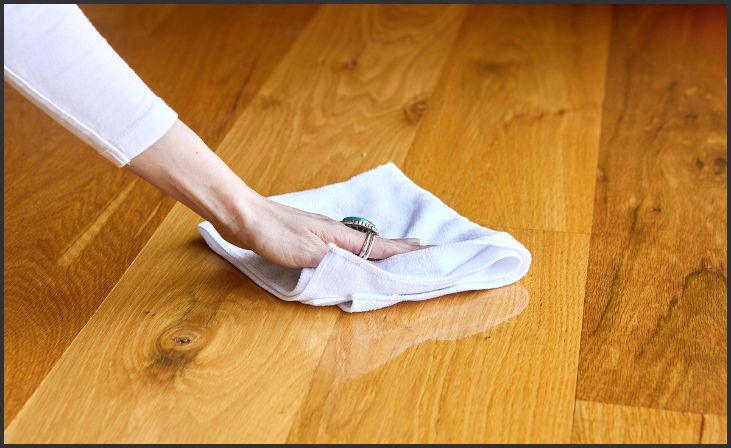
Finally, to prevent future accidents and odors, it’s important to take preventive measures. Make sure your pets have access to designated bathroom areas and take them outside frequently, especially after meals and naps. Consider using training aids such as puppy pads or litter boxes for indoor pets. Additionally, clean up any accidents promptly using the methods outlined above to prevent odors from setting in.
Conclusion
Conclusion: Maintaining clean and odor-free hardwood floors is essential for a fresh and welcoming home environment. By following the steps outlined in this guide, you can effectively remove pet urine smells and prevent future incidents.
Remember the importance of prompt cleanup, using appropriate cleaning solutions, and implementing preventive measures such as training and protective coatings. With regular maintenance and care, you can enjoy beautiful hardwood floors that enhance your living space without the worry of lingering pet odors. Here’s to a clean, odor-free home for you and your beloved pets to enjoy.
FAQs
How do I know if my hardwood floors have been affected by pet urine?
Look for visible stains, discoloration, or a strong ammonia-like odor. You can also use a UV light to detect urine stains that are not visible to the naked eye.
What is the best way to clean pet urine from hardwood floors?
The best method involves blotting up as much urine as possible, followed by cleaning with a vinegar solution, applying a baking soda paste, and using an enzymatic cleaner to break down odor-causing molecules.

